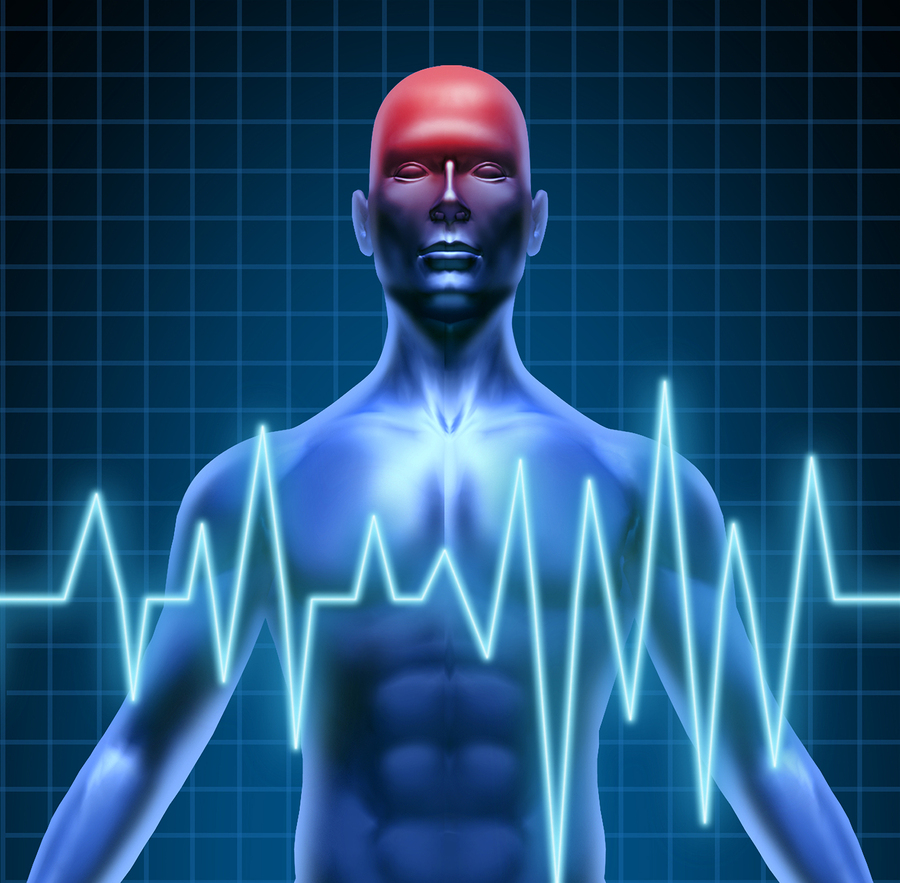Help Reduce the Risk of Stroke in an Aging Parent
February 21, 2017
Elderly Care in Saratoga CA
A stroke is damage to the brain due to a blocked or burst artery. It can ultimately lead to brain damage. Depending on what part of the brain is affected and how severe will determine the outcome. Many lead to loss of movement, speech and memory. Though prevalent among seniors, the good news is that, according to Dr. J. David Spence of the Stroke Prevention and Atherosclerosis Research Centre, “at least half of first strokes are preventable and 80 to 90 percent of recurrent strokes are preventable.” Preventable Measures
Preventable Measures
- If you or your parent smoke—stop. This is considered the number one risk factor that can be addressed.
- Excessive alcohol intake leads to increased susceptibility. Researchers conducted a study on 11,000 middle-aged people. They kept track of them for 40 years and found that those who drank more than two drinks a day had a 34 percent increase in strokes.
- High blood pressure is a major risk factor. Keep this in check by eating a healthy diet rich in fruits and vegetables and low in packaged and processed foods. Avoid high-cholesterol foods such as burgers and high-fat cheese. Eat three servings of fish per week and include low-fat dairy in the diet. Exercise a minimum of 30 minutes a day for 5 days a week.
- Face Drooping. You notice when your parent smiles that only one side of their mouth draws up.
- Arm Dropping. If they hold both of their arms up, one will have a tendency to drift downward.
- Speech. Their speech sounds slurred or unrecognizable.
- Your parent reports numbness or weakness on one side of their body.
- Loss of balance or staggering becomes apparent.
- Your parent reports vision changes such as flashing lights, double vision or loss of vision.
If you or your loved one is looking for elderly care in Saratoga, CA, please call Familiar Surroundings Home Care.
Santa Clara County: (408) 979-9990
San Mateo County: (650) 353-9777
Santa Cruz County: (831) 480-3990
Resources https://www.care.com/c/stories/5453/how-to-prevent-a-stroke/ http://www.cbsnews.com/news/how-much-alcohol-can-raise-your-risk-for-stroke/


